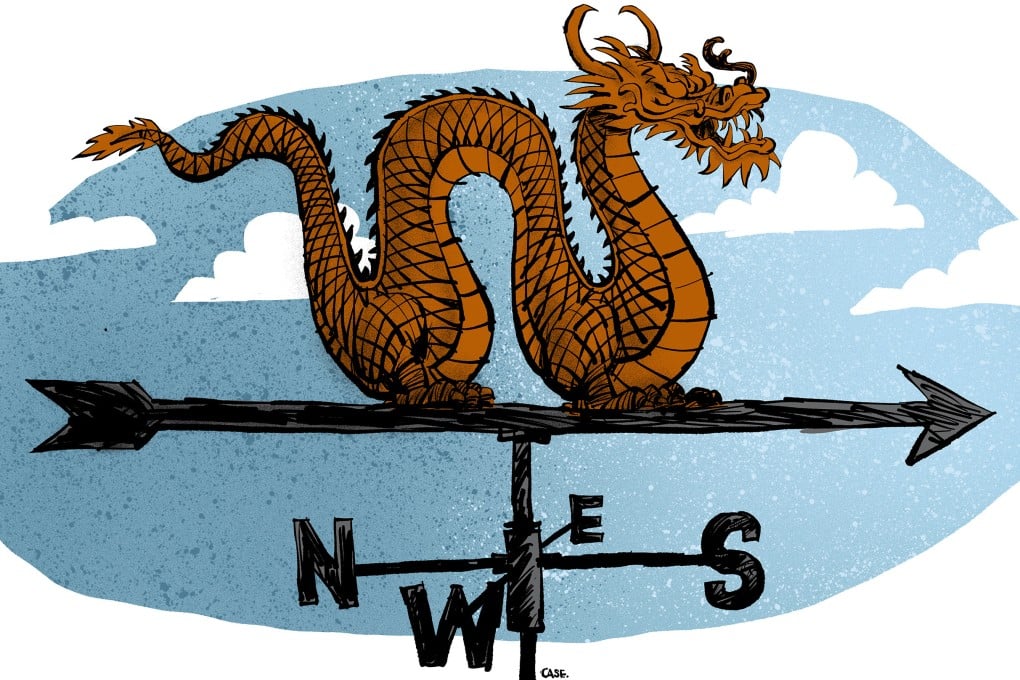Opinion | China, faced with a hostile West, should make the Global South a foreign policy priority
- In the early 1970s, Mao’s ‘three worlds’ theory guided China’s strategic alignment with the political struggles of third world nations
- As the country’s economy and influence grew, it focused on establishing ‘major power’ relationships with the West. But Beijing must now reorient itself

In February 1974, amid the Cold War, Chinese leader Mao Zedong revealed his “three worlds” theory as part of China’s anti-hegemony diplomatic strategy.
Mao’s theory, since expanded by others, is that the first world comprised the US and Soviet Union, while the second world encompassed middle Western powers, including Japan, that were US allies – though they could also act as independent political forces on certain international issues.
Mao’s theory guided China to leverage global political mobility and manoeuvrability by aligning itself strategically with the political struggle of the third world nations. Faced with the threat of exclusion from a US-led world economy, China had to seek alternative power sources for legitimacy and survival.
Perceiving itself as the leader of third-world revolutionary movements, China firmly supported third world countries in their struggles for independence and against hegemonism, and established relations with some second world countries, helping them resist interference and control by the superpowers.
